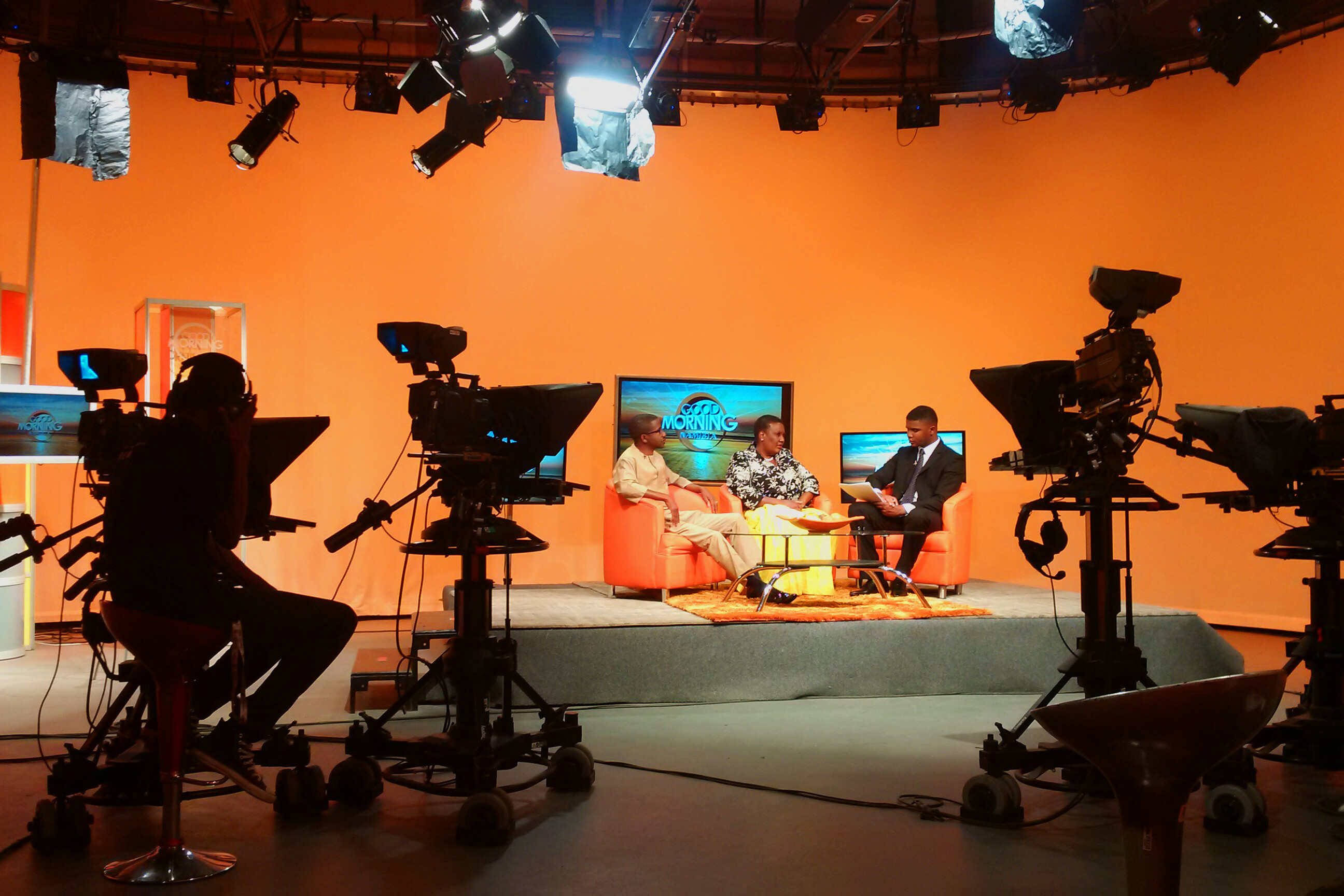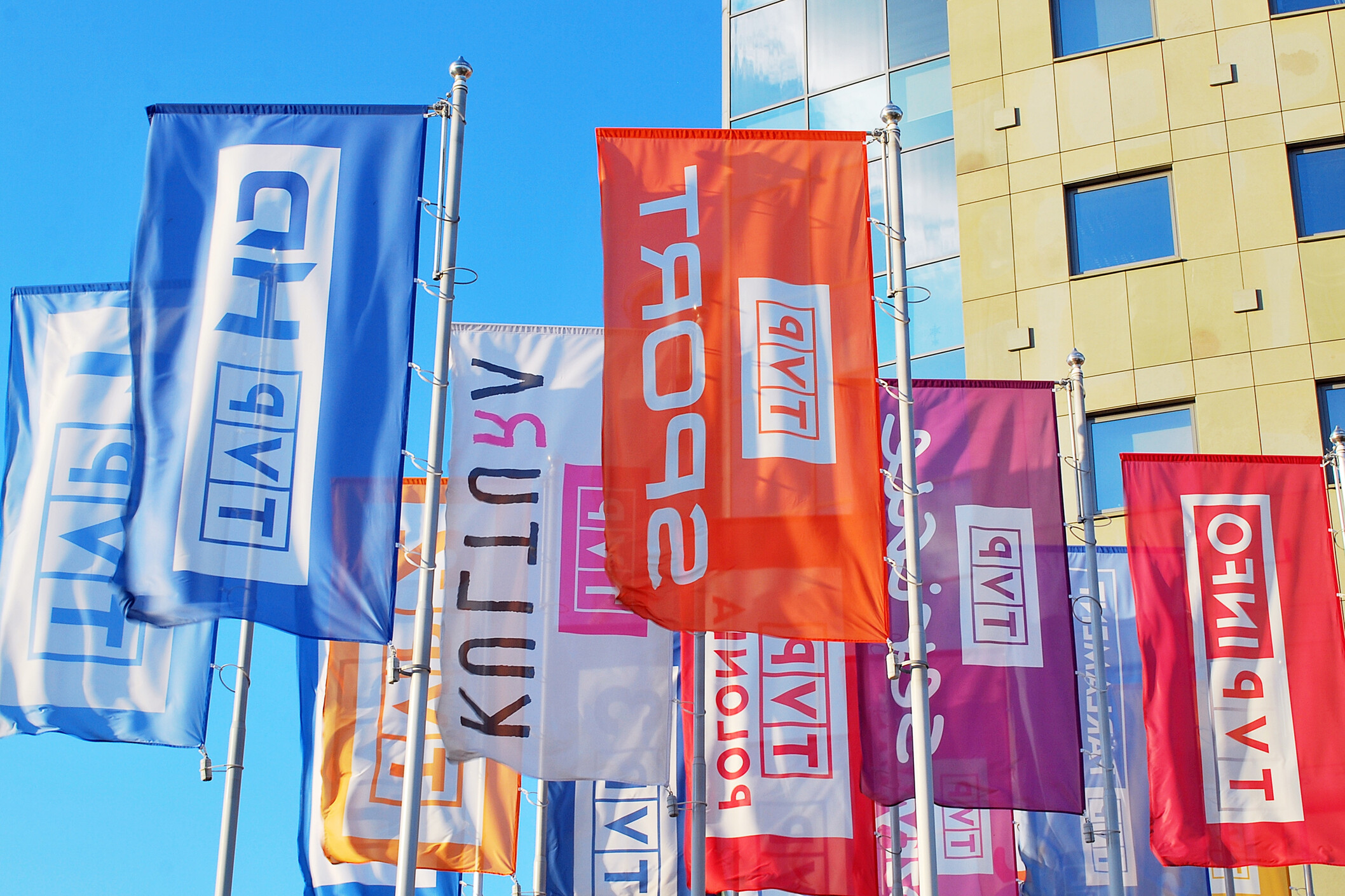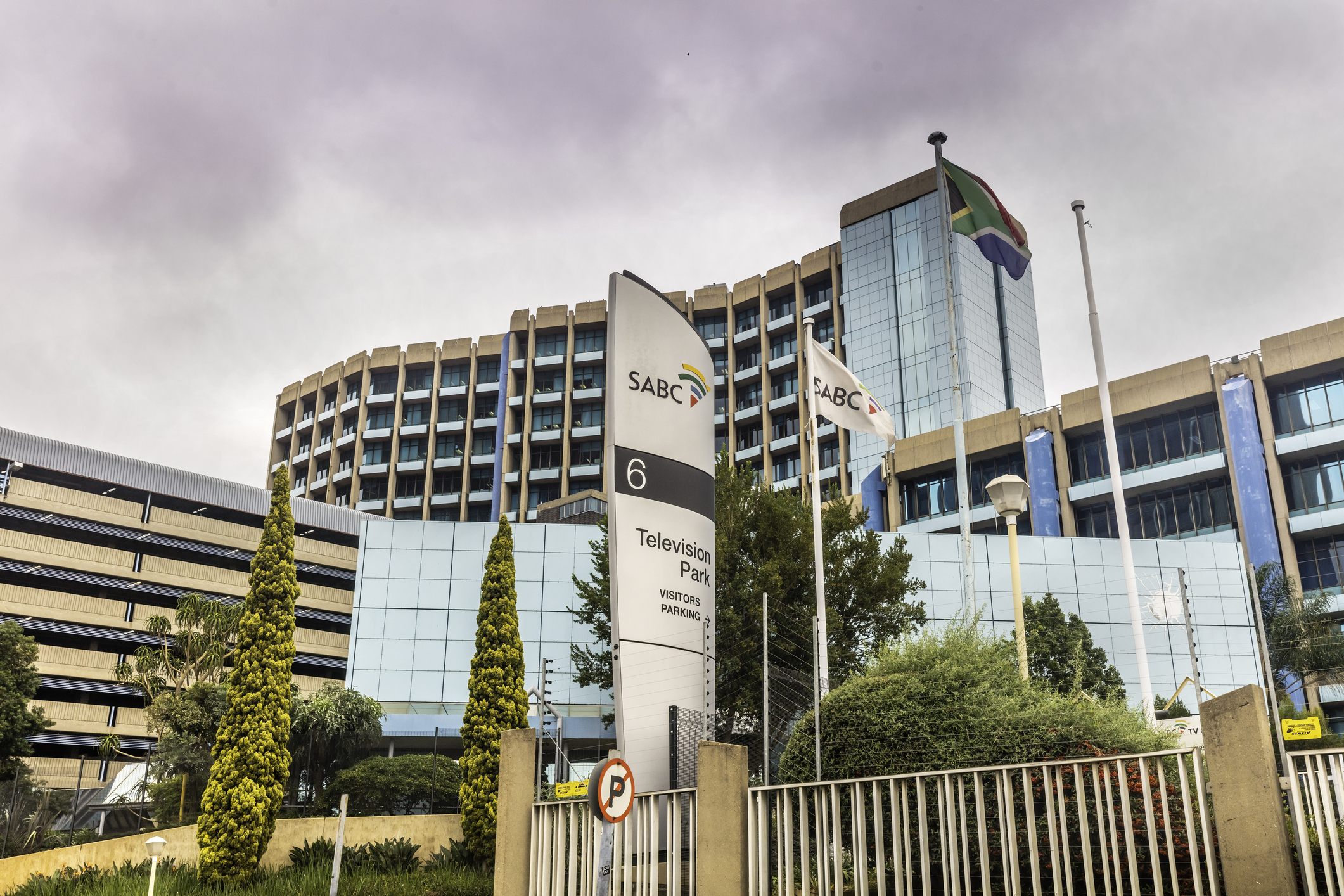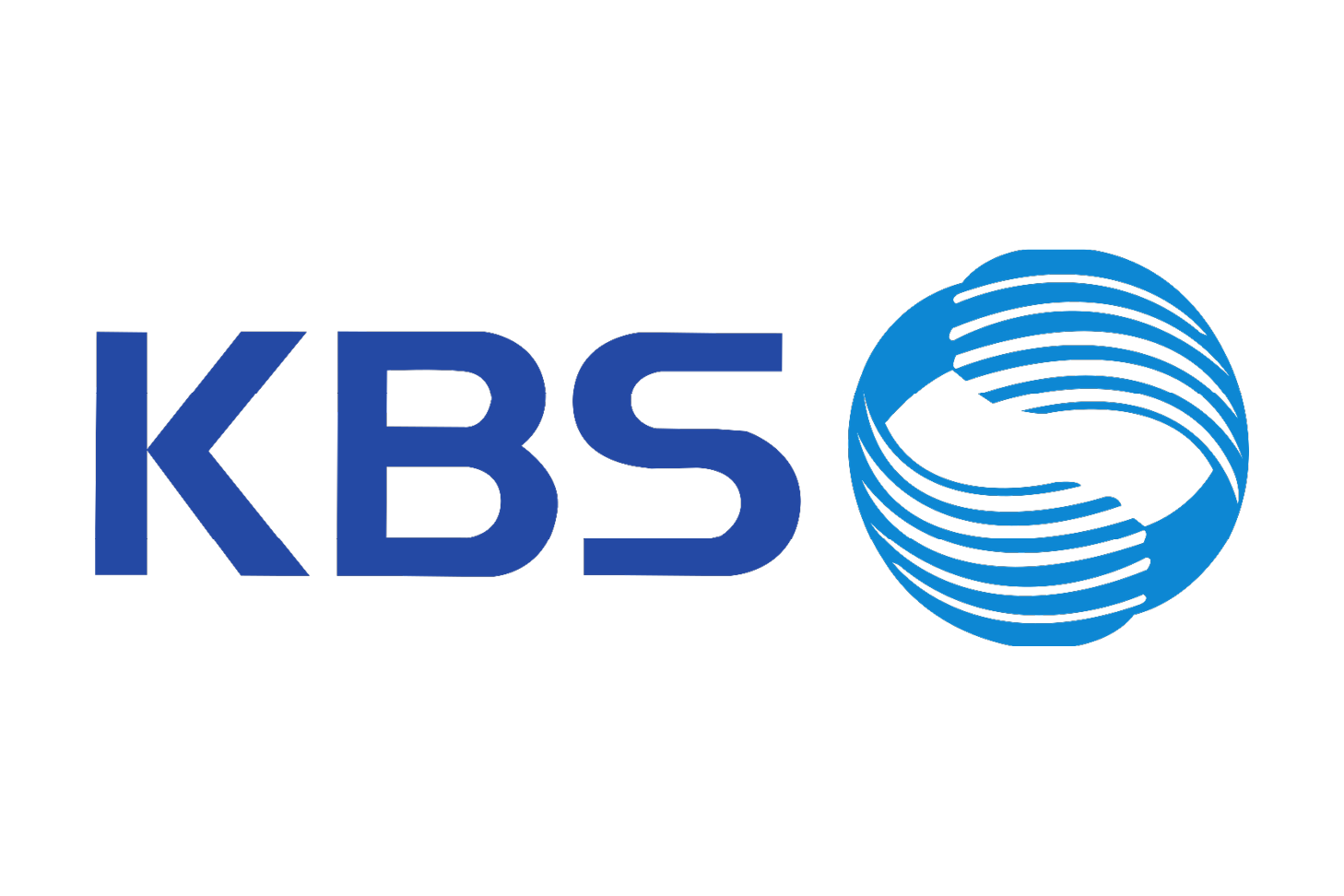While problems persist, Belize’s press freedom ranking is comparatively high, with a safer working environment for journalists compared to neighbouring states.
By Aurora Herrera
Bordered by Mexico, Guatemala and the Caribbean Sea, Belize has a diverse population of just under half a million. It’s history, diversity and media landscape are inevitably linked to its recent colonial past, with the country attaining its independence from Britain in 1981.
Radio was the first broadcast medium, with major changes occurring when American cable was introduced in the early 1990’s. There are four main newspapers, eight television stations and 33 licensed radio stations. There are no daily newspapers.
One of the leading television stations, Great Belize Productions (Channel 5), is a member of the Public Media Alliance (PMA). The channel, which has been operating since 1982, received its broadcasting licence in 1991 and became the first television station with its own production capability. Since then, Channel 5 has gone on to win a plethora of awards including honours from the Caribbean Broadcasting Union, CNN, UNICEF, PAHO, FAO, IOM and Oceana.
The station strives for public confidence by aiming to provide accurate, accountable and impartial journalism. It is also embracing the digital age and adapting to ensure the timely production of news as well as more immersive content.
Channel 5 news reporter, Andrea Polanco, told PMA: “The news cycle is now 24/7, with social media where information is accessed on mobile devices and audiences no longer wait to turn on the TV to get the news. In short, the digital revolution has provided Channel 5 with unique opportunities to explore new ways to produce, consume and distribute news.”
The organisation has significantly expanded its online presence, providing opportunities to better engage with their audience via social media, said Polanco: “No longer are locals waiting for journalists to do all the groundwork – they now send tips, information and weigh in on national issues that affect their lives”.
Media Landscape
Yet the organisation has to also grapple with broader issues within the country’s media landscape, not least the emergence of greater misinformation in the online sphere. More broadly, while Belize ranks high regionally in Reporters Without Borders’ (RSF) World Press Freedom Index, it has also dropped to a five-year low of 53rd out of 180 countries – a fall of 23 places since 2015.
According to a background document provided to PMA by Great Belize Productions, journalists have experienced verbal and physical abuse. The document quotes a Freedom House report, saying:, “While reporting generally covers a wide range of viewpoints in practice, journalists sometimes face threats, physical harassment, or assault in the course of their work.”
Such threats have a legacy. Audrey Matura, who was one of the first journalists to work in a newly independent Belize, reminisced about the media landscape in the 1980’s saying: “Of course I cannot forget the stress I as a young girl in my early-20’s had to endure to fight them to allow free reporting… Yes, there was an era in Belize when we could not use our tape recorders, take pictures or even video, if the politicians did not approve, and truly often they only issued a written statement which we still had to read verbatim. And it goes without saying that we could not ask for an interview from any other person nor challenge those statements in any way!”
Matura who is now an attorney-at-law was working with the government at the time, during the transition of Radio Belize between 1989-1990 when it was to be changed to a statutory body. “[We] were promised no censorship…but old habits die hard and the same old heads running the station could not stop calling the politicians and getting approval before the story was carried,” she said.
RSF reports that Belize has an exceptionally partisan media landscape and even though freedom of the press is enshrined in the constitution, criminal libel and defamation laws are still on the books. In 2013, the International Press Institute reported that offenders could risk up to two years of prison. The lengthy and costly legal process is a further deterrent to media houses. Journalists are also subject to fines of up to BZ$5,000 (US$2,500) and a prison term of up to three years if they question the financial disclosures of public officials.
While these media laws affect the way journalists function within society, the media environment of Belize is certainly safer than in Mexico and Guatemala. According to RSF, “Although not at war, Mexico is one of the world’s deadliest countries for the media.” It is currently ranked at 143rd in the world, with 10 journalists murdered in 2019. In the last eight months alone, four journalists were killed. Guatemala is also considered one of the Western Hemisphere’s most dangerous countries for journalists. Earlier this year, reporters in the country also had to grapple with the government for access to information about the coronavirus pandemic. The country is ranked 116th out of 180 countries on the index.
Speaking to PMA, Polanco noted the differences between Belize and Mexico saying: “Belize largely enjoys a “free” press. The same cannot be said for Mexico. While there have been intimidation tactics and some press censorship in Belize, the issue in Mexico is more dire.”
She also acknowledged that the smaller media landscape and the relative independence of many media outlets in Belize allow for more transparency and accountability compared to Mexico’s conglomerate-dominated media.
This is largely why public interest media, such as that of Channel 5, have been able to thrive in Belize in recent years.
“Public interest media play a critical role in Belize’s democracy,” Polanco said. “They uncover truth, hold power to account and also provide a level of support to one another as they do so. We are living in the age of technology where misinformation and hate speech spread at an alarming rate. Other forms of destructive attacks on press freedom continue to destabilise democracies across the globe. It’s also a time when governments and other influences seek to manipulate and censor… public interest media is critical to holding those in power accountable, but also central to the development of our people, through a safe, healthy and fully-function society. In addition, it provides information and education to the populace to participate in the democratic process.”
Header Image: Belize City, Belize with Caribbean view in the background. Credit: CampPhoto/iStock
Related Posts
11th August 2020
Focus on PSM | SABC facing significant challenges in its 84th year
As South Africa’s public broadcaster…



